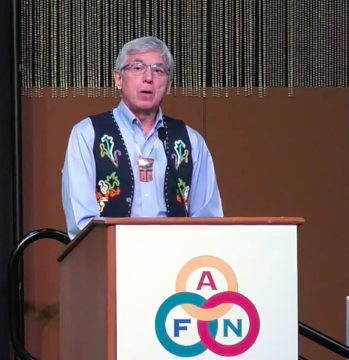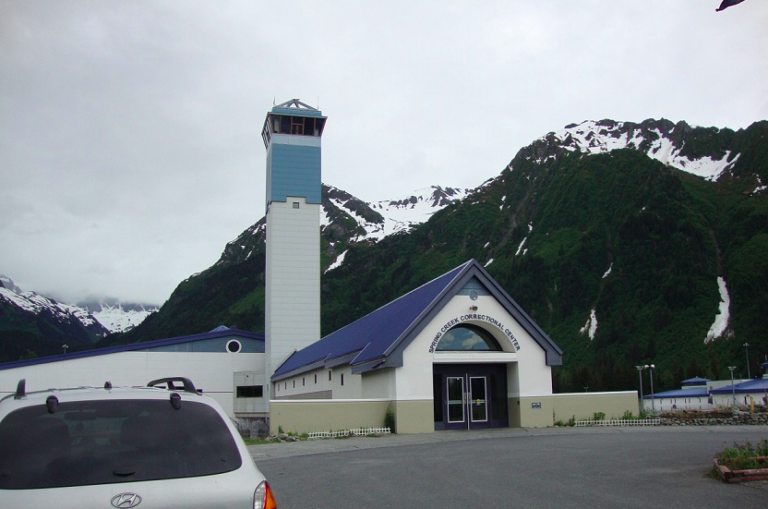The Alaska Gasline Development Corporation board of directors yesterday learned that the staff of the agency commissioned a poll to determine how the project is faring in the hearts and minds of the voting public. And how to make it fare better in those hearts and minds.
It wasn’t exactly a push poll. The agency is message testing: trying to figure out how to convince the public to have some confidence in the project, and to determine which messages work on Alaskans.
According to the poll, 78 percent of Alaskans would favor the gasline once they are told it will bring jobs, a strong economy, cheaper energy for Alaskans, and will provide cleaner energy in general.
The poll is not being done in a vacuum, but is being used to develop an advertising campaign directed at Alaskans.


POLL IS PARALLEL TO CAMPAIGNING
The ad campaign to shore up support for the gasline will occur during the same cycle as Gov. Bill Walker’s re-election campaign. The gasline is the governor’s signature project that he ran on in 2014, but it has met with strong marketplace headwinds. The world is increasingly awash in natural gas and buyers are no longer engaging in the long-term contracts needed to build the AK-LNG project.
A year ago, a Dittman Research poll of 700 Alaskans showed that 44 percent of Alaskans said a gas line “will never happen,” and 42 percent said they thought the project was “getting closer.” The remaining respondents were undecided.
But public perception of the project’s future has darkened dramatically: Today, according to the most recent Dittman poll, 69 percent of Alaskans believe the gasline isn’t going to happen — at least not in the foreseeable future.

The public is very likely right about the project’s dim outlook. Yet, the AGDC is contemplating an expensive statewide ad campaign to promote the project, the timing for which just happens to coincide neatly with the Walker-Mallott re-election campaign.
Last week, AGDC Board President Dave Cruz scolded members of the Alaska Legislature and the media for expressing skepticism about the project, saying, “The world is watching us. This is not just some little project in Alaska that the world doesn’t know about. And every local news story that is picked up by our industry and world press it places a great challenge on our team when they have to first defend the project against the negative comments before being able to sell it on its merits.”
AGDC spokesperson Rosetta Alcantra in May said that the Senate’s attempts to cut the budget of AGDC and use the funds for public safety and education was unhelpful to the project.
“You know, there’s a lot of positive movement out there and from the perspective of potential customers, I don’t think that helps the message,” she said.
AGDC President Keith Meyer is in Asia, where he has spent much of the year looking for a buyer for Alaska’s gas. He missed the legislative update meeting last week and the AGDC board meeting on Monday.
The agency is burning through $3 million a month in State money.
[Read: ADGC to go it alone on gasline]








